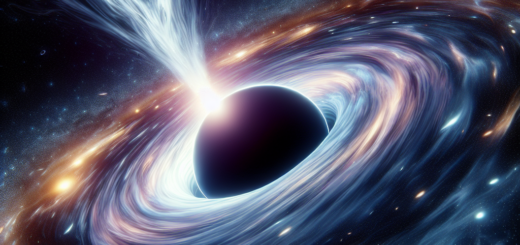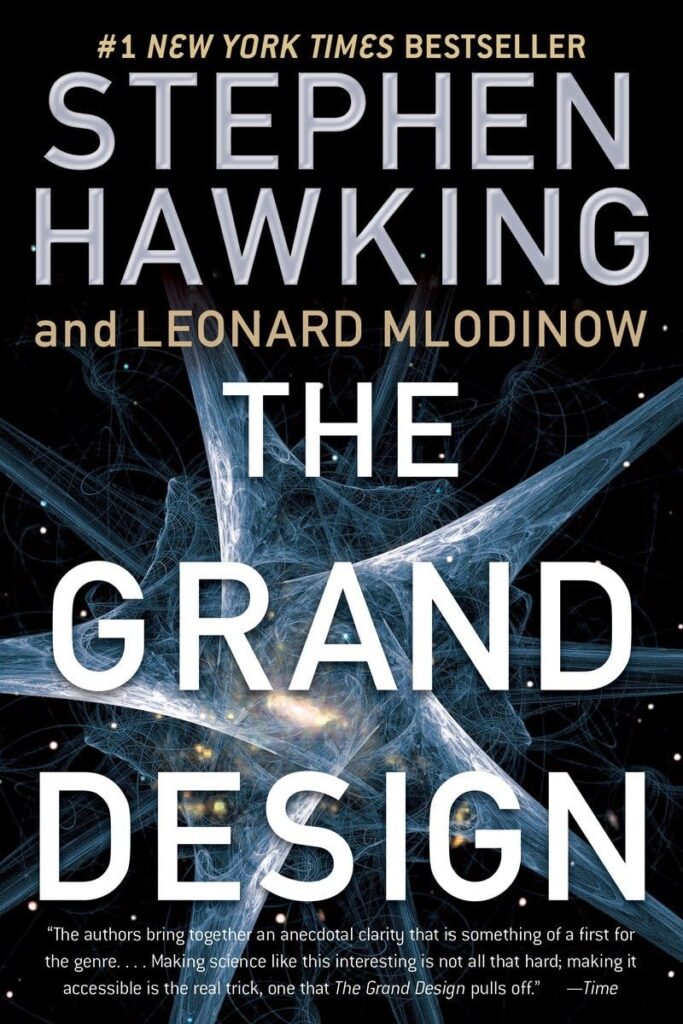Black Holes: The Key to Understanding the Universe?
Black holes have long been a source of fascination and mystery for scientists and the general public alike. These enigmatic cosmic objects, with their immense gravitational pull and ability to swallow up everything in their vicinity, seem to defy our understanding of the universe. However, recent research suggests that black holes may hold the key to unlocking some of the universe’s most perplexing questions.
One of the most intriguing aspects of black holes is their ability to warp space and time. According to Einstein’s theory of general relativity, black holes are regions of spacetime where gravity is so strong that nothing, not even light, can escape their grasp. This creates a phenomenon known as a singularity, a point of infinite density where the laws of physics break down. By studying black holes, scientists hope to gain a better understanding of the nature of spacetime and the fundamental forces that govern the universe.
Furthermore, black holes may also offer insights into the mysteries of dark matter and dark energy, two of the most elusive components of the universe. Dark matter is thought to make up a significant portion of the universe’s mass, yet it does not emit or interact with light in any way, making it virtually undetectable. Dark energy, on the other hand, is believed to be responsible for the accelerating expansion of the universe. By studying the effects of black holes on their surrounding environments, scientists may be able to shed light on the nature of these enigmatic substances.
Additionally, black holes are also thought to play a crucial role in the formation and evolution of galaxies. As black holes consume matter and energy, they release powerful jets of radiation and particles that can influence the growth of surrounding stars and planets. By studying these processes, scientists hope to gain a better understanding of how galaxies form and evolve over time.
In recent years, advancements in technology have allowed scientists to observe black holes in more detail than ever before. The Event Horizon Telescope, a network of telescopes around the world, captured the first-ever image of a black hole in 2019, providing researchers with valuable insights into the structure and behavior of these mysterious objects. Additionally, the Laser Interferometer Gravitational-Wave Observatory (LIGO) has detected gravitational waves produced by the collision of black holes, further expanding our knowledge of these cosmic phenomena.
While much remains to be discovered about black holes, it is clear that they hold the key to unlocking some of the universe’s deepest secrets. By studying these enigmatic objects, scientists hope to gain a better understanding of the nature of spacetime, dark matter, dark energy, and the formation of galaxies. As technology continues to advance, we can look forward to further insights into the mysteries of the universe, all thanks to the humble black hole.













